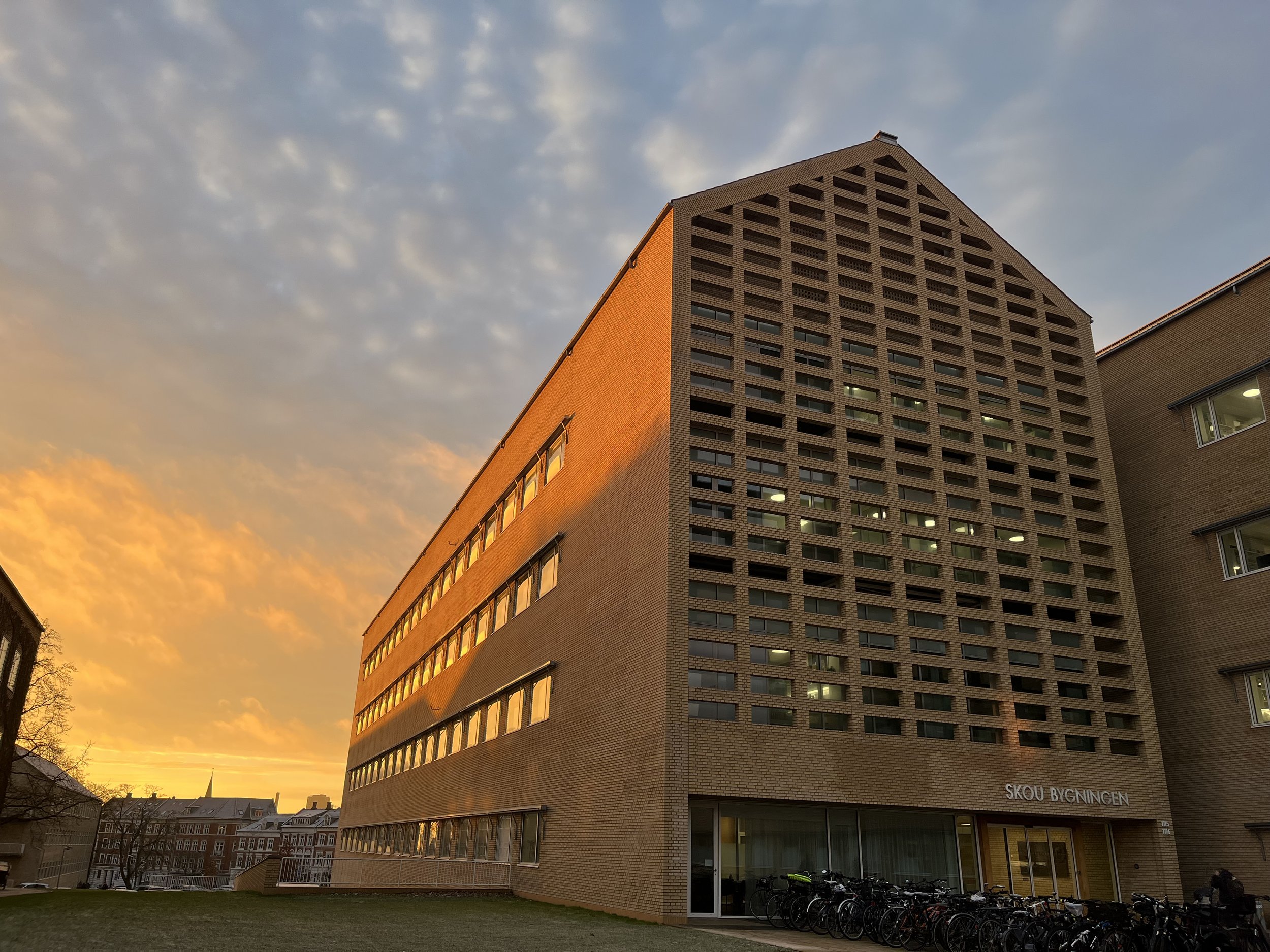
Evergren Lab
Aarhus University
Department of Biomedicine
Understanding membrane trafficking pathways in cancer cell biology
Lipid membranes are important for encapsulating cells and compartmentalisation of intracellular organelles. Membranes are therefore important for cell function and survival. Membranes are very dynamic and therefore to modulate and shape membranes in the right ways the cells require proteins that can accurately bind and cut membranes with high spatial and temporal precision. The group of BAR domain-containing proteins is the largest group of membrane shaping proteins in the cell. The structure of the BAR domain has a significant impact on interaction with the membrane. BAR domains typically have a crescent shape but vary in length, curvature, charge and lipid specificity. These properties allow them to mould the membrane that they interact with into the shape of the protein. Functionally these proteins have been studied most extensively in endocytosis, but we now know that they also are linked to intracellular organelles and regulate shaping and communication. Using cell models and ex vivo culture systems, we seek to understand the basic mechanisms of membrane trafficking that are relevant in cancer biology such that vulnerabilities can be identified and harnessed for therapeutic intervention.
Our research mission
We are a cell biology lab that is interested in understanding fundamental membrane trafficking mechanisms and how they may contribute to driving cancer progression.
Our research focuses on investigating the molecular mechanisms that underpins trafficking of membrane vesicles from the plasma membrane and intracellular organelles and also how membrane-binding proteins can shape and cut membranes with high spatial and temporal precision. These pathways are critical for regulating cell signalling by receptors at the cell surface, internalisation of nutrients, energy homeostasis, stress response, cell viability and proliferation.
Our Tool Box
Protein biochemistry - to map novel protein-protein interactions.
Light and electron microscopy to analyse protein localisation and changes in morphology due to gene knockdowns or protein overexpression.
Co-culture systems to study EphB2-ephrinB1 cell repulsion.
Analysis of ex vivo culture of patient derived tissue explants in collaboration with Prof. Lisa Butler (University of Adelaide).

